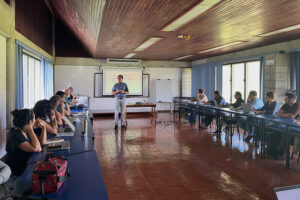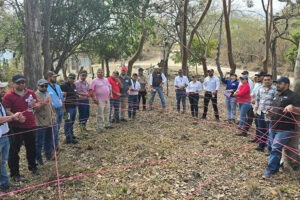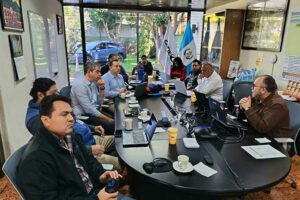CATIE, with support from the Tinker Foundation, will promote community solutions to strengthen water management
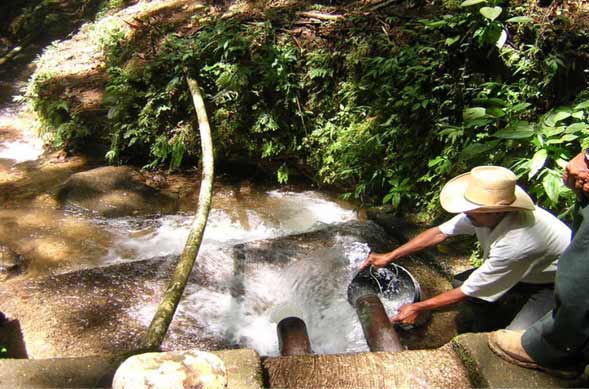
- The research developed by CATIE, and supported by the Tinker Foundation, will help strengthen federations of rural aqueducts in Costa Rica and Colombia.
Federations of rural aqueducts play a key role in addressing climate and non-climate threats that jeopardize access to safe water in Latin America. To strengthen these networks, CATIE (Tropical Agricultural Research and Higher Education Center) will carry out a three-year research project, with support from the Tinker Foundation, that will provide evidence-based solutions for effective water governance in the region.
The project of CATIE’s Environmental Economics and Sustainable Agribusiness Unit (UEAASEfD) was selected from more than 500 proposals submitted to the Tinker Foundation, one of the most renowned philanthropic organizations supporting impactful initiatives in Latin America.
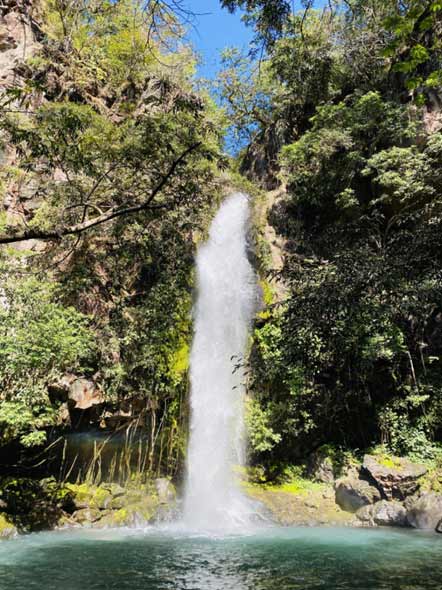
The project will be led by researcher Róger Madrigal, coordinator of UEAAS/EfD, together with Seattle University (United States) and Pontificia Universidad Javeriana (Colombia). Its purpose is to analyze the institutional, economic, and territorial factors that drive the creation and performance of rural aqueduct federations in Colombia and Costa Rica, and to assess their viability as a governance model replicable in other countries of the region.
In many Latin American countries, community aqueducts face growing challenges associated with climate change, urbanization, agriculture, and watershed degradation, which threaten their ability to provide safe water. In response, some have organized into federations to improve service delivery and strengthen policy advocacy. Colombia and Costa Rica have some of the most consolidated federation networks in Latin America, but their true potential and possibilities for expansion remain largely unknown.
Strengthening policies for water management
The project directly responds to concerns raised by leaders of community aqueducts and federations, as well as by technicians and decision-makers, regarding how to strengthen their strategies and performance. Therefore, it will focus on developing tools to expand the capacities of the federations and generate policy inputs that better guide government and organizational support.
“This funding recognizes CATIE’s leadership in research on community-based approaches to water management and highlights the importance of generating knowledge to guide effective policies that ensure access to safe water in Latin America,” said Madrigal.
Beyond strengthening local networks, the project seeks to influence public policy through practical recommendations that help federations achieve their objectives. It will also share lessons learned to support policy design and promote sustainable water governance in rural communities across the region.
More information:
Róger Madrigal Ballestero
Coordinator
Environmental Economics and Sustainable Agribusiness Unit (UEAAS/EfD)
CATIE
rmadriga@catie.ac.cr
Written by:
Daniela Rivera
Research Assistant
Environmental Economics and Sustainable Agribusiness Unit (UEAAS/EfD)
CATIE

